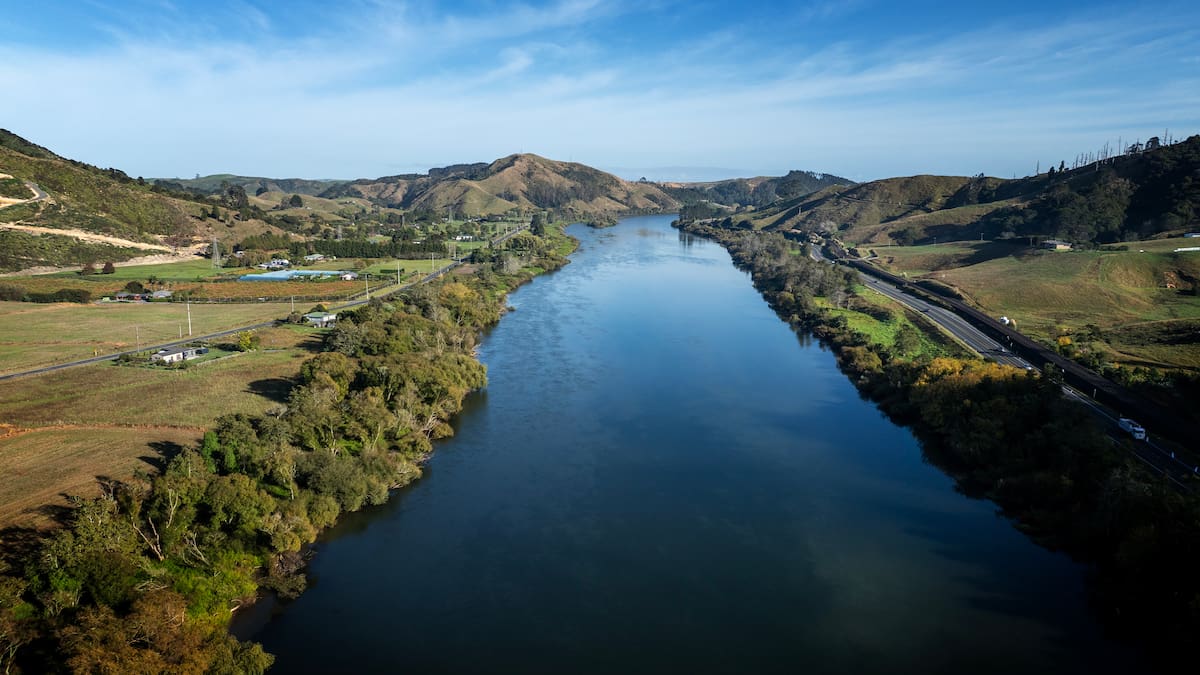There were benefits in collaborating to find efficiencies, and to get the best results for both communities.
“Hamilton and Waikato’s decisions provide confidence that we can look at the benefits of scale for the future of our water services. Working together lets us address priority issues for both councils in a timely way and means we can prepare plans to consult with our community,” she said.
“Our decisions don’t lock either council into a particular solution, and we remain free to consider other options. But given our communities live, work, and play across territorial boundaries, it just makes sense to think the same way as we deliver services.”
HCC general manager for infrastructure and assets Andrew Parsons, told Waikato Herald the new CCO was a “two waters asset.”
“The intent is that a new organisation could own drinking water and wastewater assets and manage those services for consumers while providing stormwater services back to shareholding councils,” Parsons said.
The new legislation enables new waters organisations to manage drinking and wastewater but confirms stormwater remaining council’s responsibility.
“Council confirmed its long-term preferred water services delivery option is a regional, or future-proof, sub-regional, two-waters, asset-owning CCO that provides stormwater services to HCC and other shareholders.”
WDC Mayor Jacqui Church said the priority was to ensure the best outcome for residents and ratepayers.
“As mayor, I am committed to fostering a spirit of collaboration and strong leadership to drive positive progress and truly ‘get stuff done’. This decision allows us to consider key options as we ensure that our communities receive quality water services that are effective, fit for purpose, and under a lens of affordability.”
WDC continues to work as part of Waikato Water Done Well, a proposed joint waters entity for Waikato councils, with a third option remaining on the table with WDC owning and managing a singular Asset Owning CCO alone.
WDC chief executive Gavin Ion said, “Progressing all three options will give the reassurance that we have fully assessed these scenarios, as we work to develop a solution that will best serve our community for the long term.”
New waters legislation, being released in stages, encourages councils to work together, potentially forming larger regional enterprises to achieve better economies of scale.
“Regardless of the option we pursue, we are committed to working with our iwi partners and involving the community in the decision-making process,” Ion said.

“Whoever we partner with on our water services, the time, investment, and process for CCO design will be required, and will be a core part of the Water Services Delivery Plan that we need to submit to Government at the end of June 2025.
“This is one of the most important decisions council is likely to make this year, and we want to get it right.”
Parsons said, like other councils, HCC acknowledged the challenges of funding future water services.
“Hamilton has already resolved that the CCO design would have provision for other councils or groups of councils to join in the future. The CCO is just one of the options each council considers as they respond to Government policy.
“Changes to water services are significant decisions for councils.”
The CCO decision by both councils also provided a potential interim step for HCC to provide water services to Waikato, by separate agreement, continuing service at the end of the contract with Watercare on June 2026.
Water costs would eventually be charged separately with the CCO while spreading costs of major infrastructure investments across future generations.
“The decisions mean options for a new, council-owned water services company will be developed over the next six months ahead of full public consultation early next year.”
Malisha Kumar is a multimedia journalist based in Hamilton. She joined the Waikato Herald in 2023 after working for Radio 1XX in Whakatāne.






